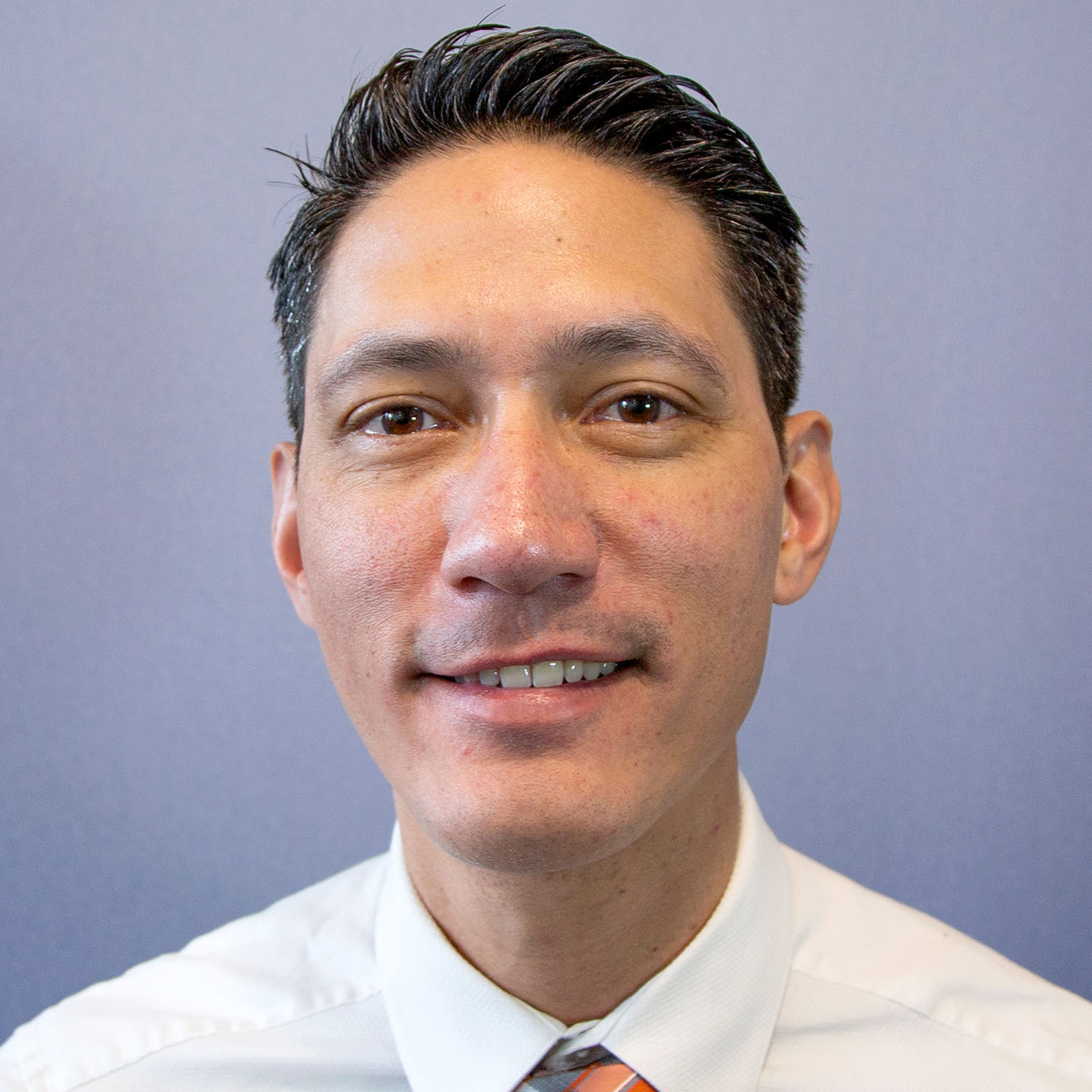Finding Your Community of Pain Researchers
April 5, 2023
Pain is one of society’s greatest health burdens across America and the world. One hundred million Americans suffer from chronic pain alone, and treatment is often inadequate or, at its worst, harmful. As yet, there is no objective way to measure pain in ways analogous to the independent measures for temperature or immune response, for example. Pain is an individual, subjective experience that is shaped by a person’s unique biology, psychology, and social and physical environments. The highly personal and contextual nature of pain necessitates a patient-centered, whole person approach to pain management that takes into account these other factors.
As widespread as chronic pain is for society as a whole, it represents an even greater burden for service members and veterans due to injuries and other trauma experienced on the battlefield as well as the physical and mental intensity of day-to-day operations away from the battlefield. Studies report nearly 45 percent of active-duty service members and 50 percent of veterans experience pain on a regular basis, and there is significant overlap between chronic pain, post-traumatic stress disorder, and persistent post-concussive symptoms. Veterans are also disproportionately affected by mental health disorders, which are known to negatively impact pain. Furthermore, those currently serving in the military are at higher risk for alcohol, tobacco, and substance use compared to the general population. These and other factors have contributed to an elevated risk of opioid misuse and overdose among active-duty military personnel and veterans.
The clear need to identify effective, holistic approaches to address chronic pain in U.S. service members and veterans led the National Institutes of Health’s (NIH) National Center for Complementary and Integrative Health (NCCIH), the U.S. Department of Defense (DOD), and the U.S Department of Veterans Affairs (VA) to come together to create a research program to investigate nonpharmacologic interventions for pain management in DOD and VA health care systems. The joint NIH-DOD-VA program is described in more detail in NCCIH Director Dr. Helene M. Langevin’s recent guest post on the NIH Director’s blog. We encourage interested researchers to visit the Pain Management Collaboratory website to locate data, tools, best practices, publications, and other resources for pain researchers.
Another opportunity to learn about pain research and connect with collaborators in the pain research field is the U.S. Association for the Study of Pain (USASP) annual meeting in Durham, North Carolina from April 11 to 14. Signaling growing awareness of the importance of a whole health approach to pain management, the theme of the meeting is, “From Bench to Bedside to Population: Translational Pain Science Approaches for the Whole Person.” The meeting provides a national forum to discuss the latest findings and identify future directions for pain research, foster collaborations among researchers from multiple pain disciplines, and facilitate communication among pain science stakeholders (i.e., researchers, policymakers, clinicians, and patients). Of special interest to the complementary and integrative research community, NCCIH-funded researcher, Dr. Julie Fritz, will moderate a symposium entitled, “Implementing Nonpharmacologic Pain Care in Underserved, Rural and Minoritized Communities Using Telehealth: Lessons Learned from Pragmatic Trials Research” on Friday, April 14, from 10 to 11:30 a.m.
The hybrid format of the meeting includes an early career forum, symposia, workshops, poster presentations, and special interest group sessions, including one on complementary and integrative pain management. The meeting provides a forum for mentoring junior researchers and developing new relationships within the pain research community. This annual meeting is supported by an NCCIH grant co-funded by the National Institute on Aging, the National Institute of Dental and Craniofacial Research, the Eunice Kennedy Shriver National Institute of Child Health and Human Development, the National Institute of Neurological Disorders and Stroke, and the National Institute of Arthritis and Musculoskeletal and Skin Diseases. The grant provides travel awards to trainees, fellows, and young investigators from disadvantaged backgrounds or who are Black, Indigenous, people of color, or female. At this time, registration for virtual attendance remains open.


Comments
Comments are now closed for this post.